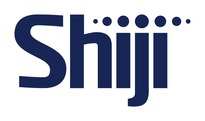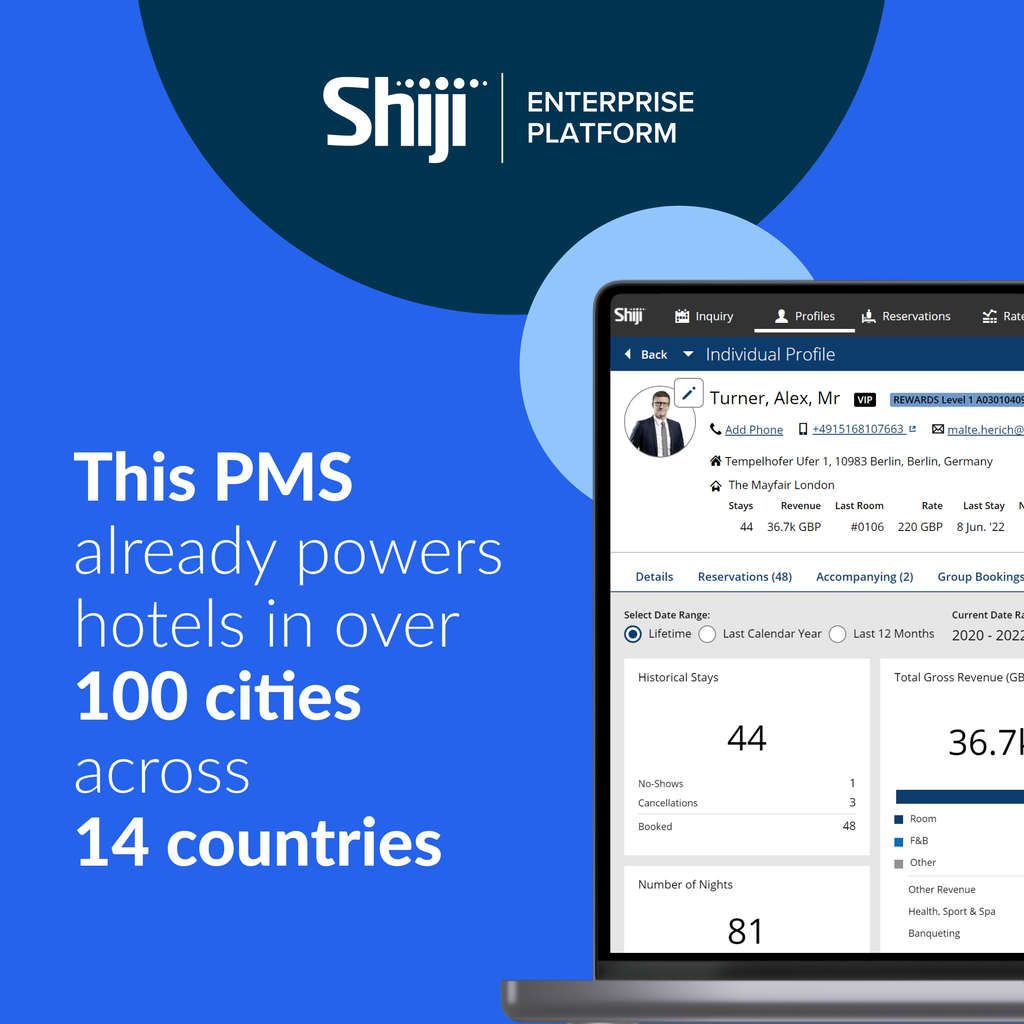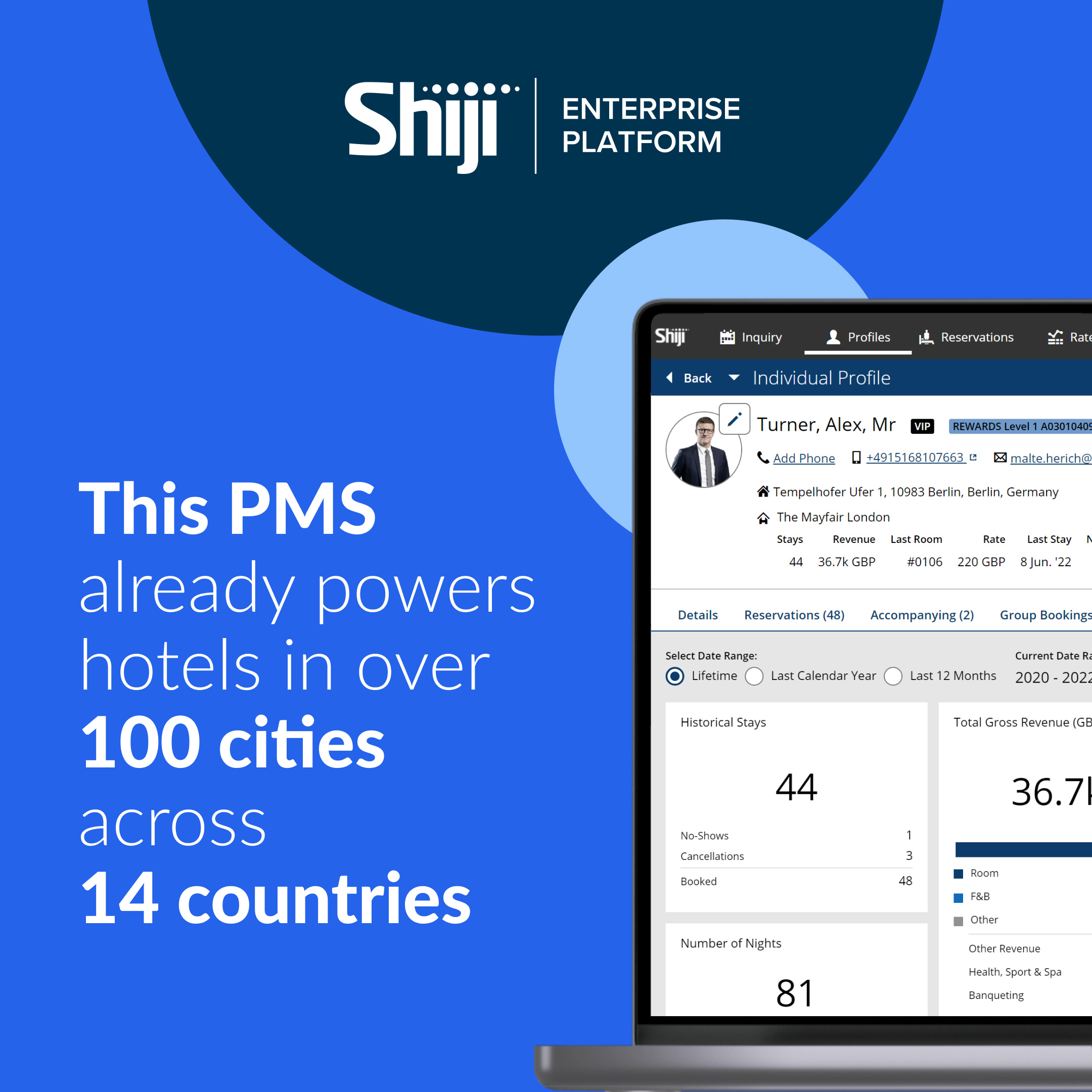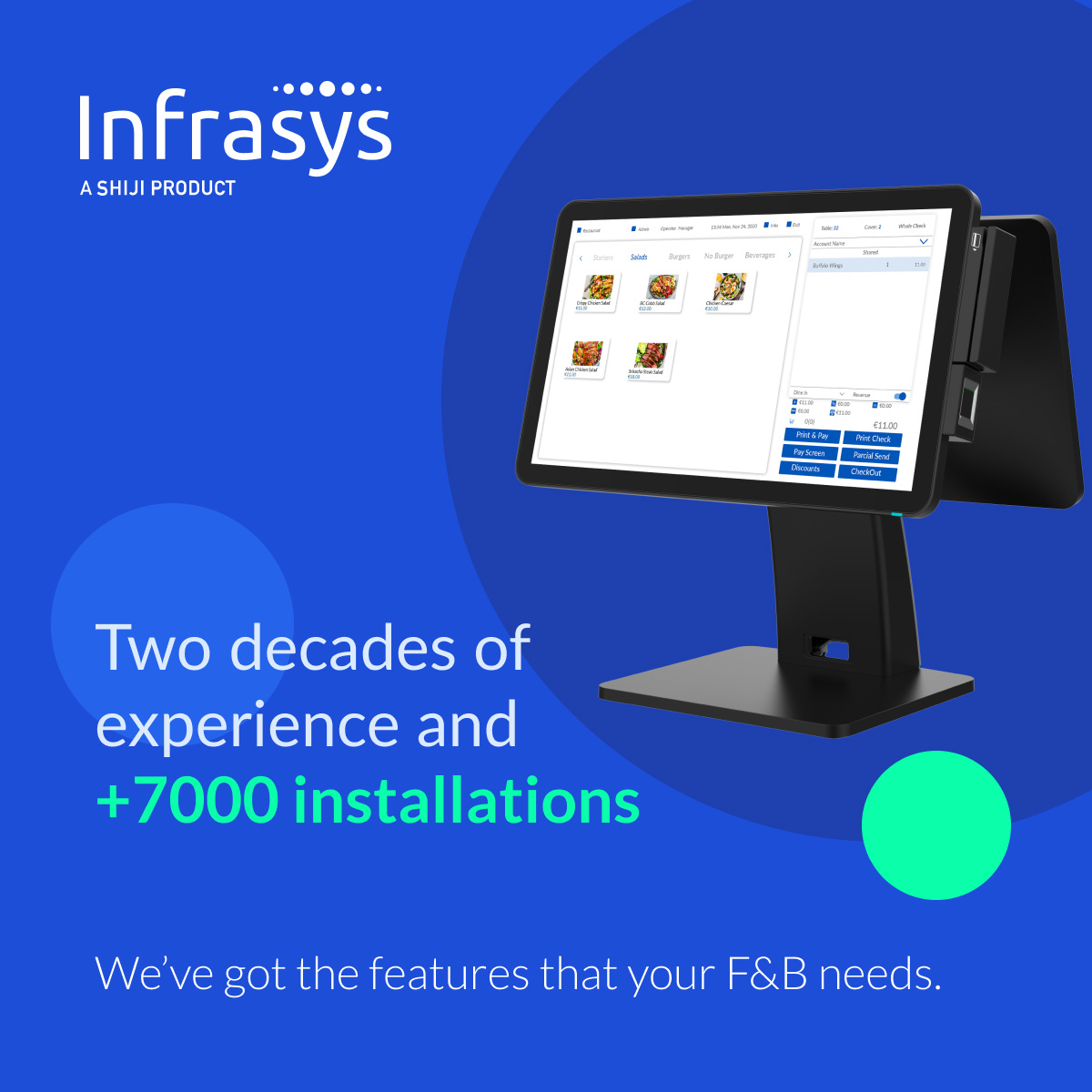The Hanson Hotel: Crafting the Ultimate Tech-Enhanced Guest Experience
Part Ii


Start with Part One before this article.
In Part One, we introduced a fictional narrative featuring Fiona Scully, who envisioned an ideal hotel technology experience while waiting to check in after a long flight. While the story is a work of fiction, it’s important to note that the technological capabilities described are grounded in reality and provided in some modern PMS and hotel management platforms. Such solutions empower hotels to provide an experience akin to that of our fictional Hanson Hotel. Let’s delve into the specifics.
The Historical Backdrop
Hotels have traditionally been slow to embrace technology, often viewing it as secondary to providing luxury and comfort. This hesitancy contrasts with their reputation for exceptional customer service. However, the rise of smartphones has changed guest expectations. Today’s hotel guests are digitally savvy, actively using technology to enhance their experiences. This shift signifies a need for hotels to align more closely with the evolving digital preferences of their guests.
The Technology Revolution
Integrating innovative technology in hotels isn’t a futuristic concept but a present-day imperative. Any operational leader or decision maker in our industry who sees technology as something other than a priority for their business should ask themselves if they honour their guests’ expectations while representing their brand most effectively.
Technology is redefining every touchpoint of the guest journey, from automated check-ins to AI-powered concierge services. The goal? To create a seamless, efficient, personalised experience that resonates with the modern traveller.
Once seen as novel, automation and contactless solutions are now expected by most industry standards, driven partly by health considerations in the post-COVID era. These technologies aren’t just about reducing physical contact; they’re about enhancing efficiency, reducing operational costs, and meeting the guest’s desire for an efficient, hassle-free experience.
Personalisation at the forefront
Personalisation is a keyword in most conversations held by many thought leaders and vendors of technology in hospitality. Modern guests don’t just require a stay; they desire an experience tailored to their preferences. Technology lets guests easily personalise everything from room temperature to lighting via smartphones. But it’s not just in-room controls; it offers a digital concierge, provides instant responses and solutions, and enhances overall satisfaction and loyalty for guests and staff.
Leveraging cross-industry technologies in hospitality
Exploring technologies from other sectors offers significant potential for the hospitality industry. Adopting an open-minded approach allows for integrating global advancements, enhancing operational efficiency and guest satisfaction. While the unique needs of the hospitality industry must be considered, adopting and adapting ideas from sectors like retail can be beneficial. The pandemic has reshaped expectations, emphasising the value of solutions that maximise efficiency, engagement, and satisfaction using fewer but more impactful technological tools.
Let’s look deeper into the following three factors.
- What hotels should do.
- What they can do.
- What they want to do.
What hotels should do
- Embrace Cloud-Based Solutions: Many hoteliers currently use cloud and on-premise solutions. Many hotel infrastructures are anticipated to be entirely cloud-based within the next two years. This shift towards cloud computing is critical for hotels to remain agile and responsive to evolving market demands.
- Focus on Guest Experience: One primary objective for hoteliers adopting technology is to improve the guest experience. Technologies that enhance comfort, convenience, and personalisation are key. It requires investing in solutions that cater to modern consumer expectations, such as self-check-in and out options if the guest so chooses, seamless connectivity of their personal devices and mobile integration for interaction with hotel staff whilst on property.
- Adopt Contactless Technologies: The pandemic has accelerated the adoption of contactless solutions, which offer safety benefits and increase efficiency and guest convenience. Now that we are out of the pandemic don’t fall back into the pre-pandemic mode and not pursue contactless technologies. You never know when you may rely on them again and can be sure that many travellers would prefer to utilise this service.
- Adopt Smart Technologies: Embrace intelligent technology to enhance operations and guest experiences. A good example is integrating room automation systems, allowing guests to control lighting, temperature, blinds, and room service through in-room tablets or mobile devices. This benefits the guest by offering a personalised experience and the hotel by saving energy and efficiently managing hotel resources.
- Learn from Alternative Accommodation Providers: Hotels can learn from alternative accommodation providers like Airbnb or Sonder, who successfully integrate technology for a seamless guest experience. They successfully explored digital transformations such as automation, keyless solutions, and contactless mobile check-in/out.
The industry-wide adoption of such technologies has been improving but is still lagging, possibly due to costs or the complexity of implementation. Be aware of these factors; the value to your bottom line will prove their importance.
What hotels can do
- Automation of Business Functions: Various business functions in the hospitality industry can be automated to some extent, ranging from the front office, finance, and marketing to housekeeping. Automation can help record and share information, crucial for making effective operational decisions.
- Leverage Data for Personalisation: With technologies that offer data-driven insights, hotels can create more personalised experiences for guests—ranging from tailored room settings to custom recommendations for activities and dining.
- Explore Beyond Industry-Specific Technology: Consider technology not explicitly created for the hospitality industry. Mainstream sectors like Retail use advanced technology with consumers in mind, and it is becoming more prevalent post-pandemic to integrate these types of solutions into a hotel tech stack. One example might be applying Augmented Reality Experiences to showcase your hotel to your guests and giving them an impression of what to expect before they commit to booking and when they arrive.
What hotels want to do
- Improve Guest Experience and Profitability: Adopting technology within your hotel is a strategic move aimed at achieving two main goals: improving the guest experience and increasing profitability. Done by integrating innovative systems and solutions that meet current demands and anticipate and adapt to future trends and customer needs. You’ll ensure long-term growth and competitiveness in a constantly evolving market by future-proofing your operations.
- Increase Profitability and Future-Proof Operations: Increasing profitability and ensuring the sustainability of operations are vital goals for hoteliers. To achieve this, incorporate new technologies designed to streamline processes, reduce costs, and enhance customer satisfaction. Examples include using energy-efficient systems to lower utility expenses, procuring cloud-based open API-friendly Property Management Systems and implementing a Customer Relationship Management (CRM) tool to personalise guest experiences and increase loyalty.
- Empower Staff with Technology: Technology enhances hotel staff efficiency by streamlining their work processes, enabling them to focus on more important tasks. Automated check-in kiosks reduce routine tasks for front desk staff, while housekeeping benefits from real-time communication tools for better room management. Maintenance teams can respond faster to issues with mobile notifications. Using technology like AI chatbots for routine guest inquiries, staff can focus more on guest satisfaction and service quality.
- Make Decisions Based on Profitability and Ease of Use: Incorporating new technologies should be a decision that prioritises both financial benefits and user-friendliness. Implementing an advanced booking system simplifies the reservation process for guests, improving their experience. A user-friendly PMS streamlines daily operations for staff, reducing errors and saving time. Technological investments should provide a return on investment through increased efficiency and revenue generation.
-
Factors Influencing Technology Adoption: Numerous critical factors can influence your decision when adopting new technology.
- Technologies that streamline operations, like Revenue Management software, are vital as they contribute to the bottom line by optimising pricing strategies.
- Ease of use is also paramount; systems such as guest self-service platforms that require minimal training ensure quick staff adoption and enhanced guest experiences.
- The quality of support offered by technology vendors plays a vital role. Look for partners that provide reliable customer service and technical assistance, ensuring minimal disruption to hotel operations.
- Integration: how well can the new technology integrate with existing systems? Source technology that can seamlessly communicate with your current infrastructure, such as combining a new point of sale (POS) system with the existing PMS or inventory management system.
- Technology that can directly enhance profitability: A significant motivator in decision-making should be data analytic tools to help understand guest behaviour and tailor marketing strategies accordingly.
Together, these elements ensure that the technology adopted is a good fit for current needs and a sound investment for the future.

In conclusion, the hospitality industry increasingly recognises the importance of integrating technology into its operations. Hotels should continue to explore and implement innovative systems that enhance guest experiences, streamline processes, and contribute to long-term profitability and sustainability. The key is balancing technological advancements with hospitality’s core focus: providing exceptional, personalised guest experiences.
The overarching goal is to future-proof your organisation whilst improving the guest and staff experiences.
Key takeaways
- Review your tech stack: Look to implement advanced technologies that enhance guest and staff experiences.
- Guest customization: Provide technology-driven personalisation, like self-check-in & in-room controls via guests’ smartphones, for a unique experience.
- Cross-industry tech: Be inspired by other sector technologies for better efficiency.
- Long-term tech strategy: Focus on adapting modern technologies and trends, ensuring these evolve in line with future guest expectations and industry standards.
About Shiji Group
Shiji is a global technology company dedicated to providing innovative solutions for the hospitality industry, ensuring seamless operations for hoteliers day and night. Built on the Shiji Platform—the only truly global hotel technology platform—Shiji's cloud-based solutions include property management system, point-of-sale, guest engagement, distribution, payments, and data intelligence for over 91,000 hotels worldwide, including the largest hotel chains. With more than 5,000 employees across the world, Shiji is a trusted partner for the world's leading hoteliers, delivering technology that works as continuously as the industry itself. That's why the best hotels run on Shiji—day and night. While its primary focus is on hospitality, Shiji also serves select customers in food service, retail, and entertainment in certain regions. For more information, visit shijigroup.com.










